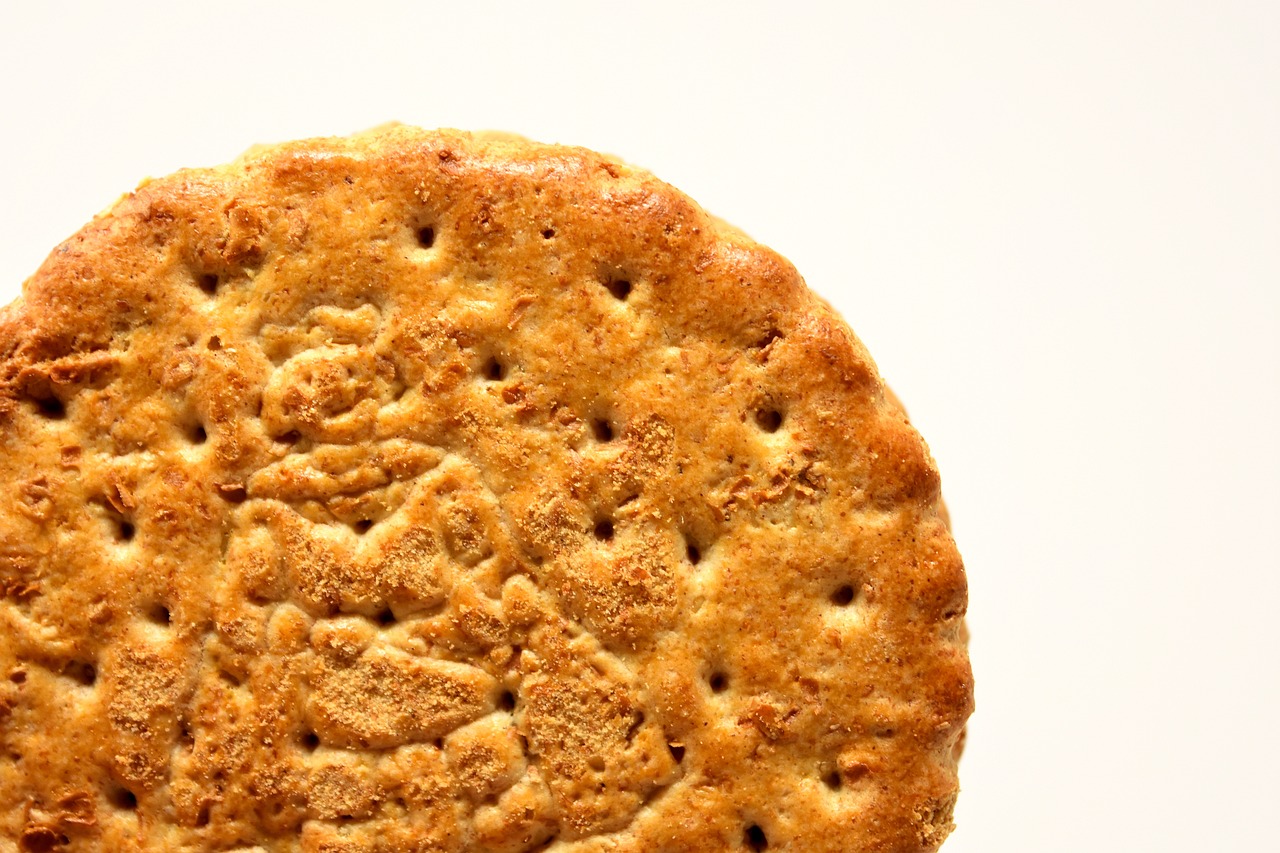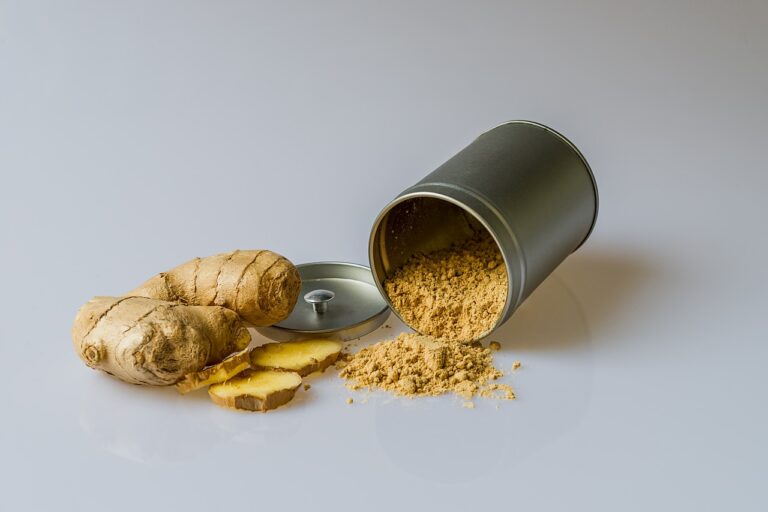Understanding the Link Between Diet and Acid Reflux: 11xplay, Tigerexch247 login, Booki bet
11xplay, tigerexch247 login, booki bet: Acid reflux is a common condition that affects many people around the world. It occurs when the acid in the stomach flows back up into the esophagus, causing a burning sensation in the chest known as heartburn. While there are many factors that can contribute to acid reflux, one often overlooked aspect is diet. In this article, we will explore the link between diet and acid reflux and discuss ways to manage the condition through dietary changes.
Understanding Acid Reflux
To understand the link between diet and acid reflux, it is important to first understand how the condition occurs. When we eat, food travels down the esophagus and enters the stomach. The stomach produces acid to help digest the food. A ring of muscle at the bottom of the esophagus, called the lower esophageal sphincter (LES), prevents the acid from flowing back up into the esophagus.
However, in some cases, the LES may not function properly, allowing the acid to reflux back into the esophagus. This can cause irritation and inflammation, leading to symptoms such as heartburn, regurgitation, chest pain, and difficulty swallowing. Certain foods and beverages can weaken the LES or increase stomach acid production, making acid reflux more likely to occur.
The Link Between Diet and Acid Reflux
Certain foods and beverages are known to trigger or worsen acid reflux symptoms. These include:
1. Spicy Foods: Spicy foods can irritate the lining of the esophagus and worsen acid reflux symptoms. Avoiding spicy foods can help reduce the risk of heartburn.
2. Citrus Fruits: Citrus fruits, such as oranges, lemons, and grapefruits, are acidic and can trigger acid reflux symptoms. Limiting intake of citrus fruits can help prevent heartburn.
3. Tomatoes: Tomatoes are also acidic and can exacerbate acid reflux symptoms. It is best to avoid tomatoes and tomato-based products, such as salsa and marinara sauce.
4. Chocolate: Chocolate contains caffeine and theobromine, both of which can relax the LES and promote acid reflux. Limiting chocolate intake can help manage acid reflux symptoms.
5. Caffeinated Beverages: Caffeinated beverages, such as coffee, tea, and soda, can increase stomach acid production and relax the LES, leading to acid reflux. Switching to decaffeinated alternatives may help reduce symptoms.
6. Fatty Foods: Fatty foods, such as fried foods and high-fat dairy products, can delay stomach emptying and increase the risk of acid reflux. Opting for lean proteins and low-fat alternatives can help alleviate symptoms.
Managing Acid Reflux Through Diet
Making changes to your diet can help manage acid reflux and reduce symptoms. Here are some tips to help you prevent acid reflux:
1. Eat smaller meals: Consuming large meals can put extra pressure on the LES and increase the risk of acid reflux. Eating smaller, more frequent meals can help prevent symptoms.
2. Avoid trigger foods: Identify foods that trigger your acid reflux symptoms and avoid them. Keeping a food diary can help you track your symptoms and pinpoint specific triggers.
3. Stay upright after eating: Lying down after a meal can allow stomach acid to flow back up into the esophagus. Stay upright for at least two to three hours after eating to help prevent acid reflux.
4. Maintain a healthy weight: Excess weight can put pressure on the abdomen and increase the risk of acid reflux. Maintaining a healthy weight through diet and exercise can help reduce symptoms.
5. Drink plenty of water: Staying hydrated can help dilute stomach acid and reduce the risk of acid reflux. Aim to drink at least eight glasses of water per day to help alleviate symptoms.
6. Chew gum: Chewing gum can stimulate saliva production, which can help neutralize stomach acid and reduce symptoms of acid reflux.
FAQs
Q: Can certain medications cause acid reflux?
A: Yes, certain medications, such as NSAIDs, antidepressants, and blood pressure medications, can relax the LES and increase the risk of acid reflux.
Q: Is it safe to use over-the-counter antacids to manage acid reflux symptoms?
A: Over-the-counter antacids can provide temporary relief from acid reflux symptoms. However, it is best to consult a healthcare provider if you experience frequent or severe symptoms.
Q: How soon after eating should I lie down to avoid acid reflux?
A: It is recommended to wait at least two to three hours after eating before lying down to help prevent acid reflux.
In conclusion, diet plays a significant role in the development and management of acid reflux. By identifying trigger foods, eating smaller meals, staying upright after eating, and making other dietary changes, you can help reduce symptoms and improve your quality of life. If you continue to experience acid reflux despite dietary changes, consult a healthcare provider for further evaluation and treatment options. Remember, small changes in your diet can make a big difference in managing acid reflux symptoms.







